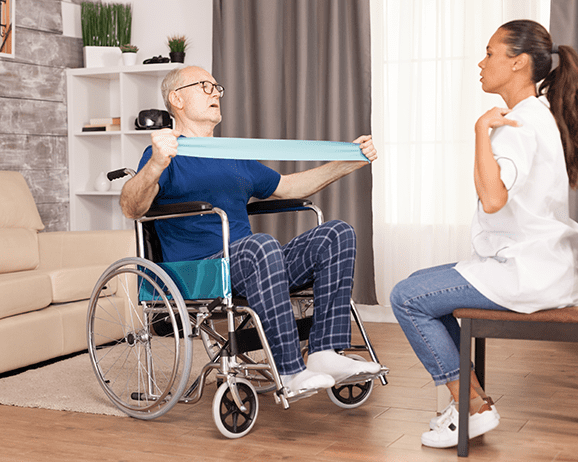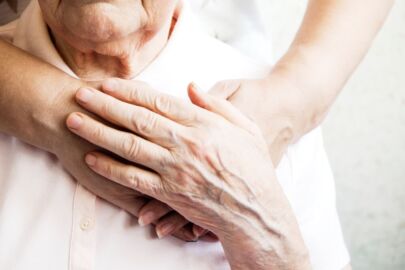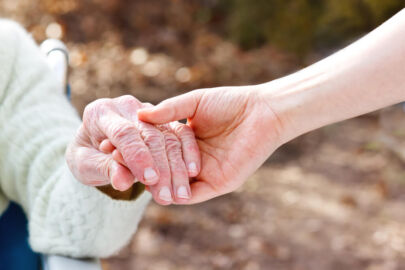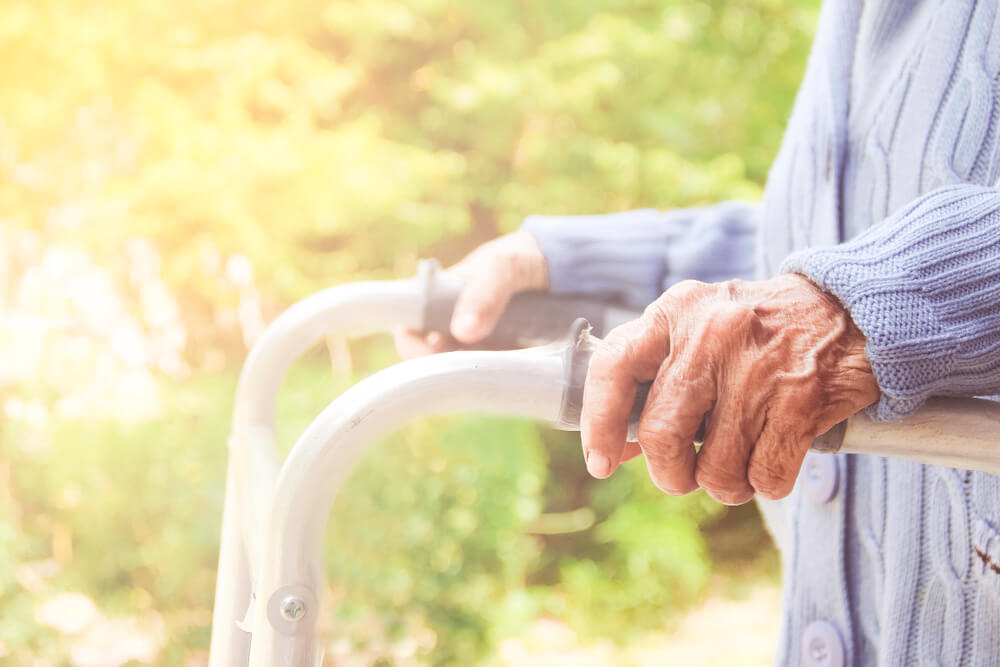
Care of Immobile persons it requires knowledge and experience.
Immobility is a physical disability. According to the World Health Organization it is defined as: “any limitation or lack of ability (induced by impairment) to perform activities in the manner or to the level considered normal for human beings”. This is a temporary or permanent, partial or complete decrease in physical and/or intellectual capacity.
There are various causes that lead to immobility. It is usually the result of an acquired illness, injury or disorder. It's not uncommon for it to be an inherited or innate character. Also, aging it is one of the most common causes of immobility. In fact, anatomical changes occur over the years, so that the connective tissue increases in relation to collagen tissue. As a result, elasticity in blood vessels and joints decreases, so severe injuries in people who have gone into the third age are common. Therefore care of old faces it's not meant for Immobile people.
Given that immobility, especially acquired, leads to changes in lifestyle, assistance in daily routine is necessary. You will find the MinuteNurse home health & care.
Maintaining personal hygiene.
A key part when it comes to caring for Immobile people is helping with personal hygiene. Depending on the degree of disability, assistance is needed with dressing, bathing, shaving and combing, and even with the use of orthopedic AIDS.
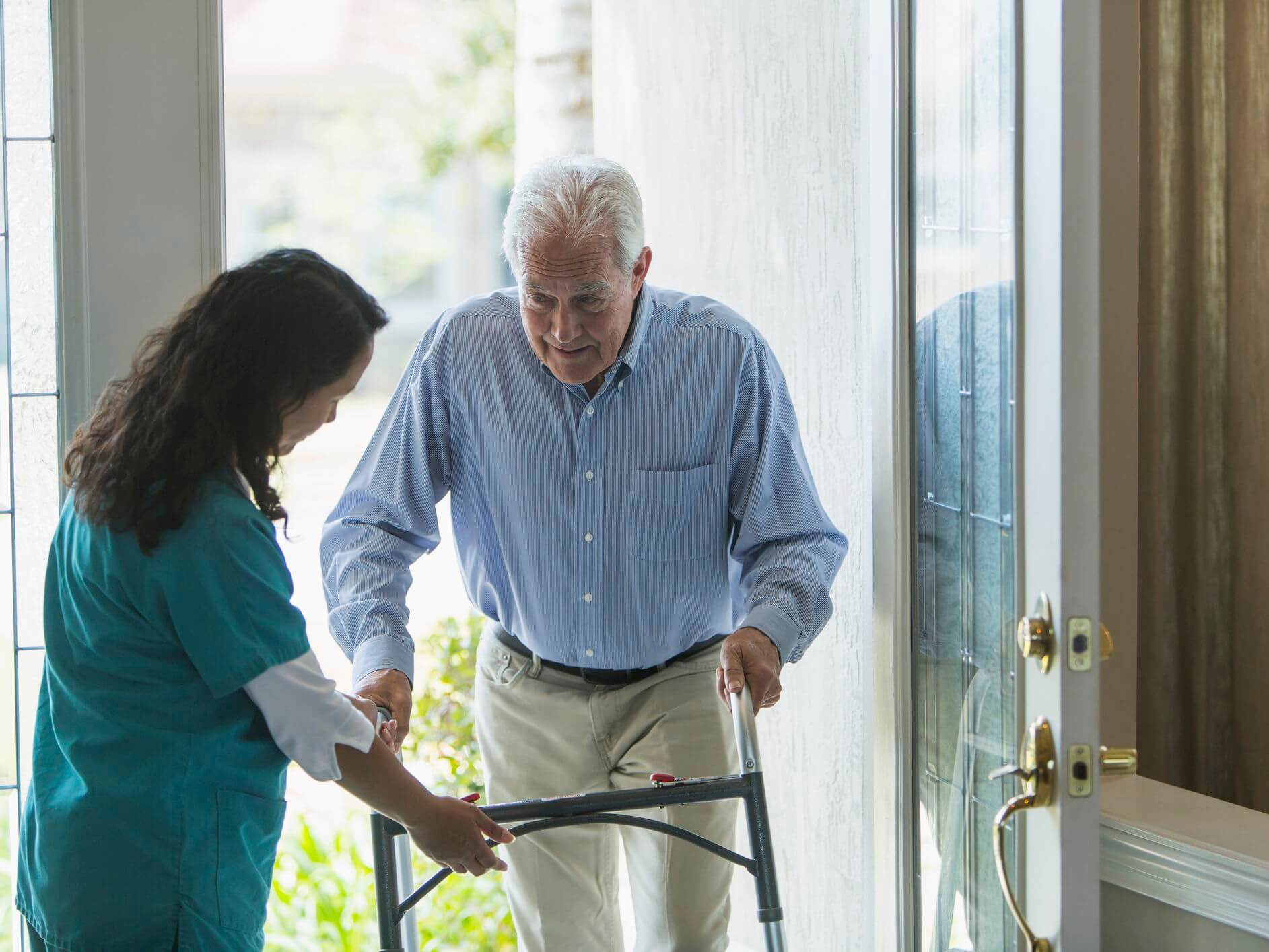
Irregular, but also inadequate hygiene in poorly mobile and lying people can cause a number of complications. To avoid skin rashes and infections, it is recommended to bathe at least 2 times a week, and wash the genital area daily, as well as wash and brush the teeth.
One of the most common problems with non-disabled people is decubitis. That is, the appearance of chronic wounds from prolonged lying or sitting in one position. Since it is a serious damage to the skin and tissues, the care of Immobile persons in terms of personal hygiene must include the Prevention of decubitis.
However, if the patient is suffering from depression, it is necessary to wound dressing and the proper treatment.
Personal hygiene for completely immobile persons also involves the replacement of diapers. Usually this is done for a couple of hours, with care to choose the appropriate size of the diaper.
Proper nutrition
Immobile persons they can't cook their own meals, and some of them can't even feed themselves, so they need help in this segment.
Nutrition is very important for maintaining vitality and immunity so that the already weakened body can cope with negative influences from the environment.
Meals must be light, balanced and made from healthy, fresh foods. In this way, the body receives all the nutrients, and the cheating process proceeds unhindered. Thus, constipation is avoided, which is a common problem of immobile people.
Social life
The care of Immobile persons applies not only to physical, but also to mental health. Do not forget that these people, due to limited mobility, are often lonely, thus increasing the risk of depression.
Instead of solitary confinement, immovable persons should be active participants in society. From socializing and fun games with caregivers, to going on excursions and cultural events – every moment is important for social life.
The expertise and immense dedication of the care center staff, MinuteNurse Home health & care will take the lives of the disabled to the next level. Contact us see for yourself in the benefits of personal home care which we offer.

